Drinking Water RO Plant
Product Details:
- Type Water Purifier
- Material Stainless Steel
- Purifying Function R O System Membrane
- Power 5 hp Horsepower (HP)
- Valve Type Ball type
- Installation Type Other
- Temperature 35 Celsius (oC)
- Click to View more
Drinking Water RO Plant Price And Quantity
- 1 Kiloliter
- 50000.00 INR/Unit
Drinking Water RO Plant Product Specifications
- R O System Membrane
- 5 hp Horsepower (HP)
- Stainless Steel
- 440 Volt (v)
- 100 Kilograms (kg)
- 35 Celsius (oC)
- Other
- Ground water
- 12 month
- Water Purifier
- Ball type
Drinking Water RO Plant Trade Information
- Noida
- 1 Kiloliter Per Day
- 1 Days
- Asia Australia Central America North America South America Eastern Europe Western Europe Middle East Africa
- All India
Product Description
Reverse osmosis technology is used in a drinking water RO plant to create clean, hygienic water. In order to get rid of pollutants, contaminants, and dissolved solids, it uses multi-stage filtration, which includes sediment and activated carbon filters. High-quality parts, an autonomous control system, and a modular layout allow for the plant's effective operation and adaptability. Improved taste and odour, the elimination of bacteria and viruses, economic savings over bottled water, and environmental sustainability by decreasing plastic waste are just a few advantages. Drinking Water RO Plants are adaptable and have uses in homes, workplaces, educational institutions, and public spaces, ensuring a constant supply of clean drinking water. Optimal performance and system durability are guaranteed by routine maintenance and servicing.
The following are some characteristics and advantages of a drinking water RO plant:
Features of Drinking Water RO Plant:
1. Reverse osmosis technology: To produce high-quality drinking water, the facility uses a semi-permeable membrane to filter out pollutants, toxins, and dissolved particles from the water.
2. Filtration at more than one stage: Drinking water RO plants frequently use sediment filters, activated carbon filters, and the RO membrane. Together, these steps help to get rid of dangerous materials such heavy metals, organic debris, chlorine, silt, and sediment.
4. High-Quality Components: To ensure dependable operation and lifespan, drinking water RO plants are outfitted with high-quality parts such robust membranes, pumps, and valves.
5. Advanced RO plants have automated control systems that track and manage a variety of variables, including water pressure, flow rate, and quality. This makes it possible for prompt and effective maintenance.
6. Some RO plants have a modular construction that enables simple expansion or customization based on water demand and particular needs.
Benefits of Drinking Water RO Plant:
1. Produces Clean and Safe Drinking Water: A drinking water RO plant cleans and disinfects water by removing pollutants, impurities, and potentially dangerous compounds.
2. Dissolved solids, such as salts and minerals, which can alter the water's flavour, odour, and purity, are successfully removed by the reverse osmosis procedure.
3. Enhances Taste and Odour: By eliminating chlorine, volatile organic compounds (VOCs), and other contaminants that may have an impact on the taste and odour of the water, RO plants improve the quality of drinking water.
4 Improves Health and Hygiene: Drinking water RO plants assist ensure that the water is free of waterborne diseases by removing bacteria, viruses, and other microbes. This improves health and hygiene.
5. Cost-Effective: Having a drinking water RO plant reduces the need for pricey bottled water, which over time saves money.
6. Environmental Sustainability: By minimising plastic waste from the use of bottled water, drinking water RO plants help to preserve the environment.
7. Drinking water RO plants have a wide range of applications and can be used in a variety of locations, including homes, workplaces, educational facilities, and public spaces. They deliver a dependable and constant supply of filtered drinking water.
8. Simple Maintenance: The longevity and optimum functioning of the RO plant can be ensured by regular maintenance and servicing. The systems are made to be simple to maintain and replace parts as needed.
Overall, a drinking water RO plant provides a dependable and effective way to produce clean and safe drinking water while advancing sustainability, cost-effectiveness, and good health.

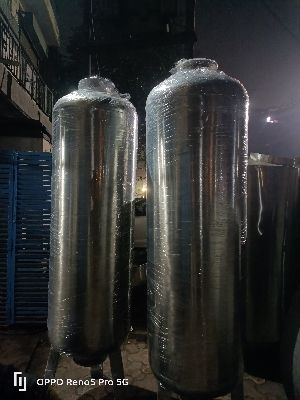
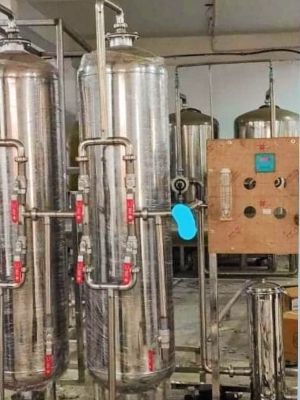
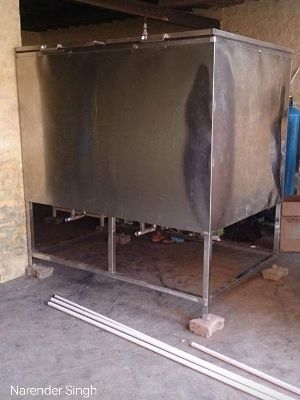
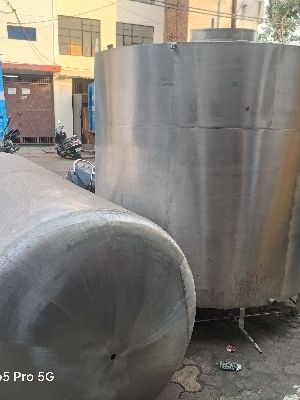
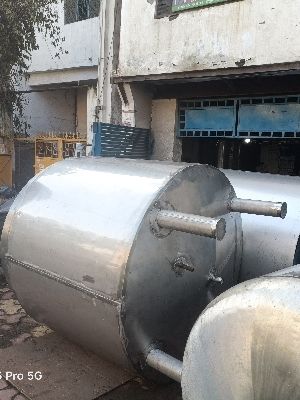


 Send Inquiry
Send Inquiry Send SMS
Send SMS Call Me Free
Call Me Free